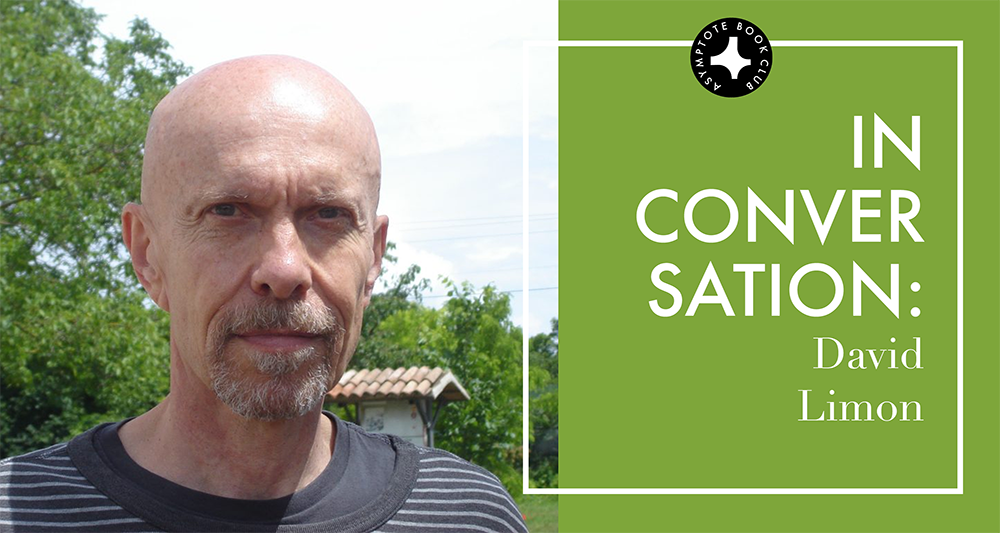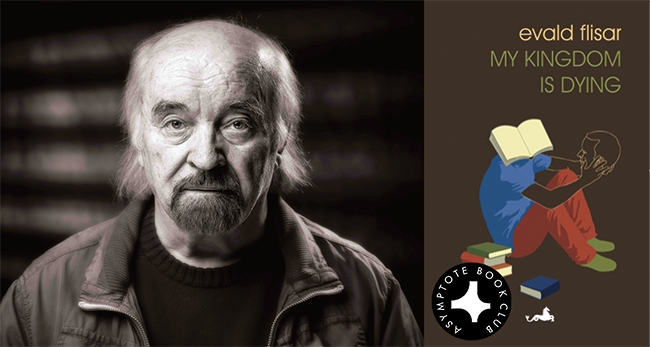This Room Is Impossible to Eat by Nicol Hochholczerová, translated from the Slovak by Julia and Peter Sherwood, Parthian Books, 2025
When Nicol Hochholczerová’s novella This Room is Impossible to Eat was first published in her native Slovakia in 2022, it caused a cultural and political storm, generating both praise and scorn for its intimate but ambiguous semi-autobiographical narrative that describes the grooming and subsequent relationship between a teenage student and her art teacher. The praise came from readers, literary critics, and jurors of literary prizes; the initial scorn came from parents worried about the impact of the book’s inclusion on the reading lists of selected Slovak high schools. Their concerns were then picked up by ever-vigilant, always campaigning politicians seeking to originate new fronts in the online Slovak culture wars. A new narrative was created for the novel, which was then ‘amplified’ (or more accurately, manipulated) into a furious national debate that almost destroyed the credibility of one of Slovakia’s literary awards, the René Prize. With the benefit of hindsight, this response can be seen as an application of divisive tropes, mirroring the social media manipulation practised by Slovakia’s eastern neighbours and offering a portent to the future direction of Slovak politics.
Regardless of the surrounding furore, the newly published English text—beautifully translated by Julia and Peter Sherwood—introduces a compelling, engaging, and forceful masterpiece of minimalism. The narrative is set out in linear but short chapters that identify the teacher and the student in a compelling, asymmetric conversation between inner dialogues, then quickly becomes a compact and sometimes austere statement of facts and emotions as both protagonists grow older. Their entanglement ‘begins,’ ‘matures,’ and then ‘ends’—though how it ends is best left for the reader to decide. READ MORE…




